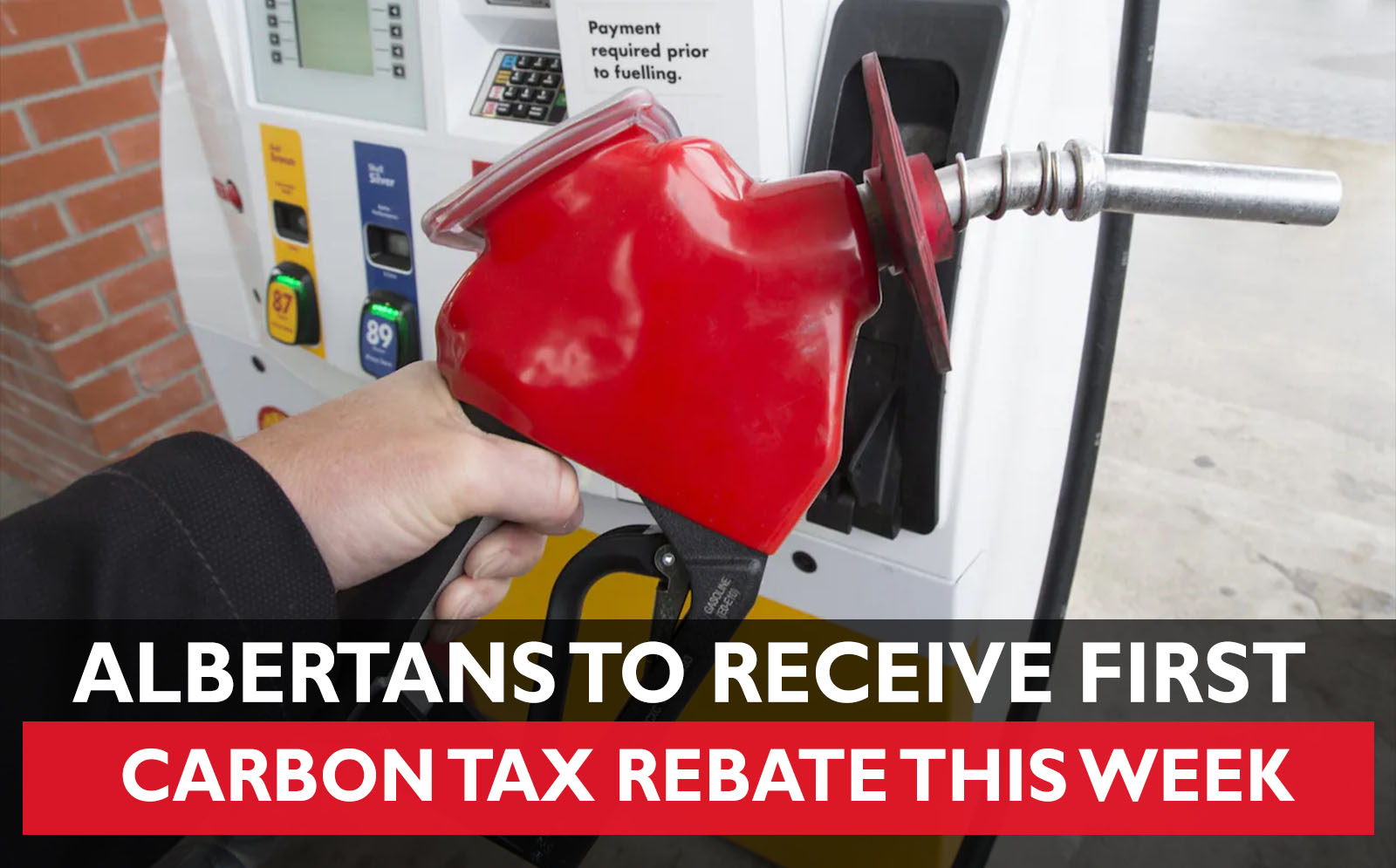Residents of Alberta, Saskatchewan, Manitoba and Ontario are getting paid to help offset Ottawa’s carbon tax. Under the Liberal government’s carbon pollution pricing system, a price is imposed on provinces that do not have their own system which meets the federal benchmark—specifically Alberta, Ontario, Manitoba, and Saskatchewan.
Today the federal government releases the first batch of 2022 carbon tax returns to Albertans, according to the Canadian Taxpayers Federation (CTF).
Expecting a carbon tax rebate on your taxes this year from Trudeau?
Think again…#cdnpoli #skpoli #ScrapTheCarbonTax #Saskatoon #YXE pic.twitter.com/im8EPX0GRt
— Brad Redekopp (@BradRedekopp) March 17, 2022
Individuals and lower income families will likely benefit from the carbon tax rebates. However; the carbon taxes are potentially crippling for farmers, and other commercial operations that are forced to pay thousands into carbon taxes while trying to maintain profitability.
The carbon tax rebate is not fair for all farmers. pic.twitter.com/XvsNICAKVn
— Shelby Kramp-Neuman MP (@Shelby_Kramp) May 3, 2022
It is unfortunate to see public servants picking winners and losers in our industry and defending the redistribution of wealth inherent in the Liberal Carbon Tax.
The official declined to respond on the lack of fairness of the current rebate system.
Our farmers deserve better! pic.twitter.com/IqOECzH6mB
— Dave Epp (@DaveEppCKL) June 17, 2022
For individuals and families the CTF estimates that from 2022 to 2030, the carbon tax will cost the average household a net total of $13,041 in Alberta, $8,091 in Saskatchewan, $8,059 in Ontario, and $6,439 in Manitoba.
The first round of the quarterly-based Climate Action Incentive (CAI) rebate starts with a “double-up” payment that returns proceeds from the first two quarters of the 2022-2023 fuel charge year. Two further single-quarter payments will be released in October 2022 and January 2023.
Single adults will receive $269.50. For a couple, or in the case of a single parent, the first adult or the single parent will also receive $269.50, while the second adult in the couple or the first child of the single parent will receive $135.
Additional children under 18—starting with the second child in the case of single parents—will receive $67.50 each.
The Federal government says the incentive payments mean 80% of families will be better off financially compared to what they pay in carbon taxes.
However, the parliamentary budget officer says when the total impact of Trudeau’s carbon tax on the economy is considered, 60% of families are left worse off.
Statement in the HOC June 10, 2019: Turns out the Liberal Carbon Tax Rebate is not as advertised. Canadians are getting much less than @cathmckenna said they would. Watch my statement in the House of Commons today. #Barrie #Innisfil #cdnpoli #onpoli pic.twitter.com/9cOaznHg6N
— John Brassard (@JohnBrassardCPC) June 10, 2019

